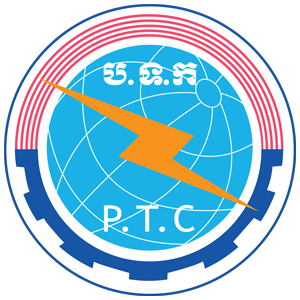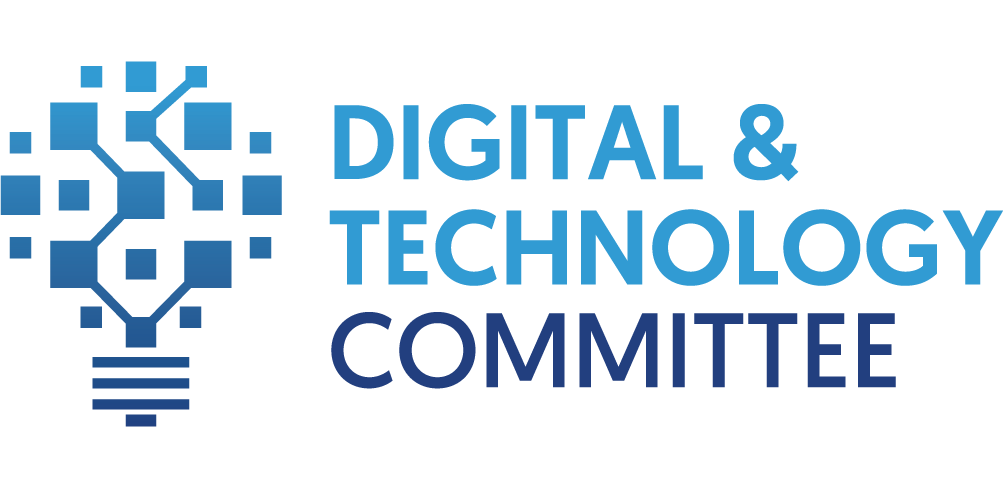Issue Description
The Royal Government of Cambodia passed a Law on Telecommunications in December 2015 that included a requirement for all telecommunication businesses to reapply for their operating licences. The draft Prakas describing the application process and fee structures was released in early 2017. The Law has stipulated further increases in regulatory-related fees and levies, such as revised numbering fees, changes in revenue share and requirements to contribute to the Universal Service Obligation Fund and Capacity Building and Research and Development Fund, which is straining the competitiveness of the industry.
Impact on business
Although mobile retail prices in Cambodia are one of the cheapest in the world, mobile data consumption is increasing exponentially, resulting in mobile operators having to significantly invest into network infrastructure and advanced technologies that have shorter lifecycles. Therefore, to attract continuous investment in telecommunications sector and in Cambodia more generally, it is important that the Royal Government of Cambodia provide investors impetus to continue to do so.
In the upcoming 5G era which is an important component of a digital economy as well as Industry 4.0, considerable investments are required in terms of equipment, spectrum and street-level infrastructure. In other markets, governments are re-evaluating sector-specific taxes while incentivising compliant and high performing operators to undertake infrastructure expansions. For example, Thailand’s National Broadcasting and Telecommunications Commission is planning to provide operators low-interest loans from its Research and Development Fund, while also offering flexible conditions for the upcoming spectrum auctions to encourage and support such 5G-related investments.
Cambodia’s telecommunication sector has been developing at a very promising rate but further moves to extract revenue from the sector may negatively impact stakeholders. The industry recognises its role in contributing to government revenue, however for greater sustainability, future reforms should in balance with the growth of the sector and the necessity for additional investments, particularly as retail pricing strategies are constrained by market demands.
Recommendation
- Continue to engage in substantive consultation with the private sector prior to the adoption of the telecommunications relicencing process and explore opportunities to incentivise investment in telecommunication infrastructure.
We respectfully recommend that the Ministry of Posts and Telecommunications and the Telecommunications Regulator of Cambodia continue to engage in substantive consultation with the private sector prior to adoption of the relicensing process. Additionally, the Royal Government of Cambodia may explore opportunities to support and encourage greater levels of investment to expand and expedite telecommunication infrastructure through incentives and favourable contracting conditions.
Furthermore, we would encourage the Royal Government of Cambodia to adopt the principle of ‘no worse off’ during the development and finalisation of the incoming new Prakas – the new regime should honour terms agreed with existing investors and should not place excessive additional regulatory and cost burdens upon them. If taxes and regulatory costs were to be significantly increased, this would make telecommunications services less affordable to consumers and could have a negative impact upon the sustainability of the sector.
Royal government of Cambodia
Initiative from Eurocham: The issue has been raised by the Digital & Technology Committee within The White Book edition 2024 in the Recommendation No. 26.

National Counterparts

Ministry of Posts and Telecommunications
Contributors


